Description
Fiction. Jewish Studies. This Michael Blumenthal novel was chosen by Elie Wiesel, Thomas Kenneally, and Merrill Joan Gerber as winner of Hadassah Magazine’s prestigious Ribelow Prize as Best Jewish Novel of the Year in 1994. In its all-too-short lifespan, it received rave reviews from Kirkus and Publisher’s Weekly and glowing tributes from such writers as Lorrie Moore, Tim O’Brien, Jhumpa Lahiri, Robert Coles, and Leslie Epstein. Unfortunately, just three months after the novel’s publication, its publisher, Zoland Books, was forced to close for economic reasons, and this brilliant novel by one of America’s finest poets hardly even saw the light of day. It is now available for the first time in paperback allowing it a second–really a first–life. Once you read it, I am sure you will agree that it more than deserves the kind of critical and popular attention which–due to the unfortunate circumstances that befell its original publisher–it never received.
Michael Blumenthal holds the Darden Distinguished Endowed Chair in Creative Writing at Old Dominion University. He is author of eight other poetry books, one novel, one memoir, an essay collection, and translations of poems by Peter Kantor. Publications include The New Yorker, and Paris Review. A graduate of Cornell Law School and formerly Director of Creative Writing at Harvard, he is the author of No Hurry: Poems 2000-2012 (Etruscan Press). the memoir All My Mothers and Fathers (Harper Collins, 2002), and of Dusty Angel (BOA Editions, 1999), which won the Isabella Gardner Poetry Award. His collection of essays from Central Europe, When History Enters the House, was published in 1998. A frequent translator from German, French and Hungarian, he practices psychotherapy with Anglophone expatriates in Budapest and spends summers at his house in a small village near the shores of Lake Balaton in Hungary. In May of 2007, he spent a month in South Africa working with orphaned infant chacma baboons at the C.A.R.E. foundation in Phalaborwa, an experience about which he has written for Natural History and The Washington Post Magazine. He is currently a Visiting Professor of Law at the West Virginia University College of Law, where he has taught since 2009.
BOOKS FROM PLEASURE BOAT STUDIO:
When History Enters the House: Essays From Central Europe
Because They Needed Me: Rita Miljo and the Orphaned Baboons of South Africa
More on Blumenthal~
https://www.poetryfoundation.org/poets/michael-c-blumenthal:
“I write poetry,” Blumenthal once commented, “quite unashamedly, because I believe, as Howard Nemerov has said, that ‘the beautiful is still among the possible,’ and that it redeems us…”
“Vendler pointed out that while Blumenthal’s subjects, such as the Holocaust or mental doubt, might be termed “tragic,” the approach he takes in his poetry creates “poems exhilarating to read, full of lifts and turbulence.” Blumenthal’s later books have also been praised for their gentle wit and penetrating insight.”
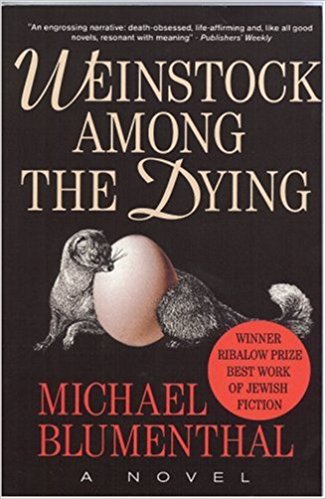
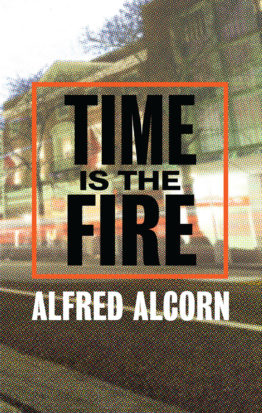
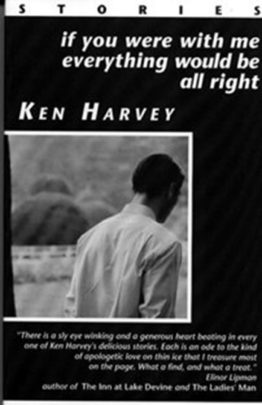
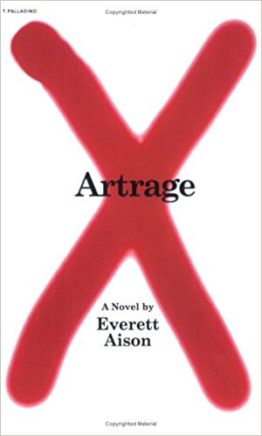
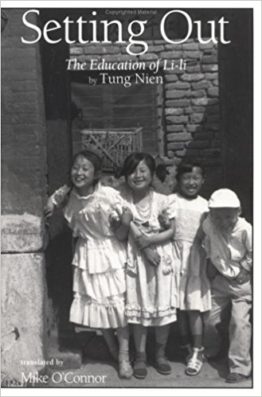
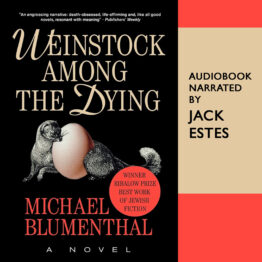
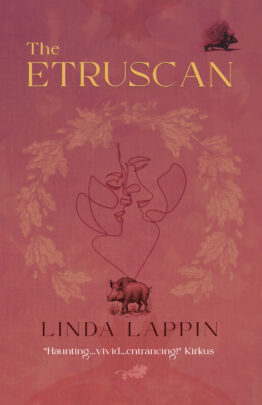
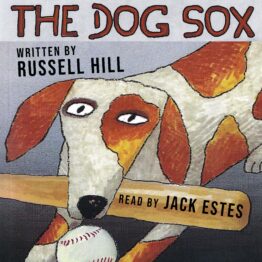
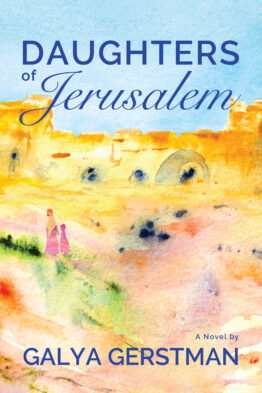
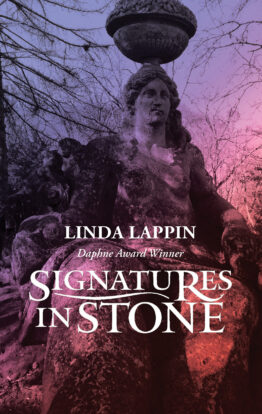
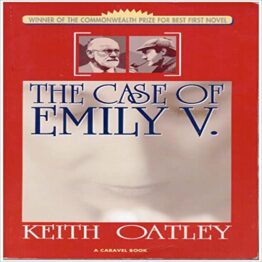
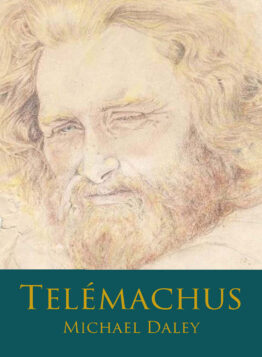
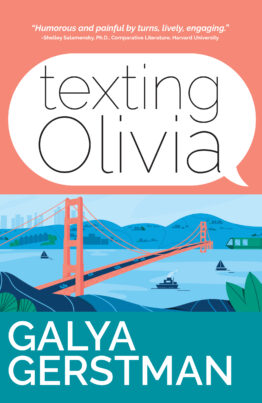

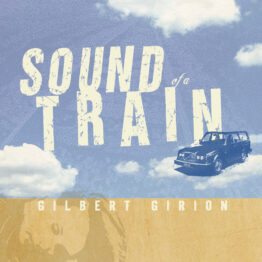
Publisher’s Weekly –
Blumenthal’s graceful, wise, moving first novel begins as a savage, hilarious satire of academia and the literary word, then plunges into Weinstock’s painstaking self-analysis . . . Blumenthal, a poet and former creative writing director at Harvard, has written an engrossing narrative: death obsessed, life-affirming and, like all good novels, resonant with meaning.
Harvard Review, by Jhumpa Lahiri –
The satire of academia in Weinstock Among the Dying succeeds in the hilarious footsteps of Nabokov’s Pnin. In the end, however, wit and cynicism join hands with grief and growth, and enable Weinstock to bury his despair. His journey toward emotional fulfillment was a pleasure to follow for this reader. In turns humorous and sad, but consistently engaging, Blumenthal has written an eloquent, compelling, richly textured first novel.
The Jerusalem Report, by Stuart Schoffman –
The best of Weinstock is a devastating, idiosyncratic satire of Harvard, where Blumenthal formerly served as director of creative writing, the very post occupied by Weinstock. Mercilessly he bangs away at the pretensions of academe. . . . Blumenthal’s Harvard is the only place in America where you have to study for dinner, a temple of Best-in-the-World elitism that Jewish faculty even if their Jewishness is considered an ugly blemish on the smooth, homogenizing hide of intellectual achievement would never dream of leaving, for it is their one chance in life to become the thing every Jew, deep in his heart of hearts most wants to be . . . The Great Goldberg. . . . Blumenthal insists that Harvard is no more nor less than a dusty archival tomb, in which the collected letters, papers, manuscripts and miseries of the dead were far more significant than the real, passionate, life-giving triumphs and tribulations of the living.